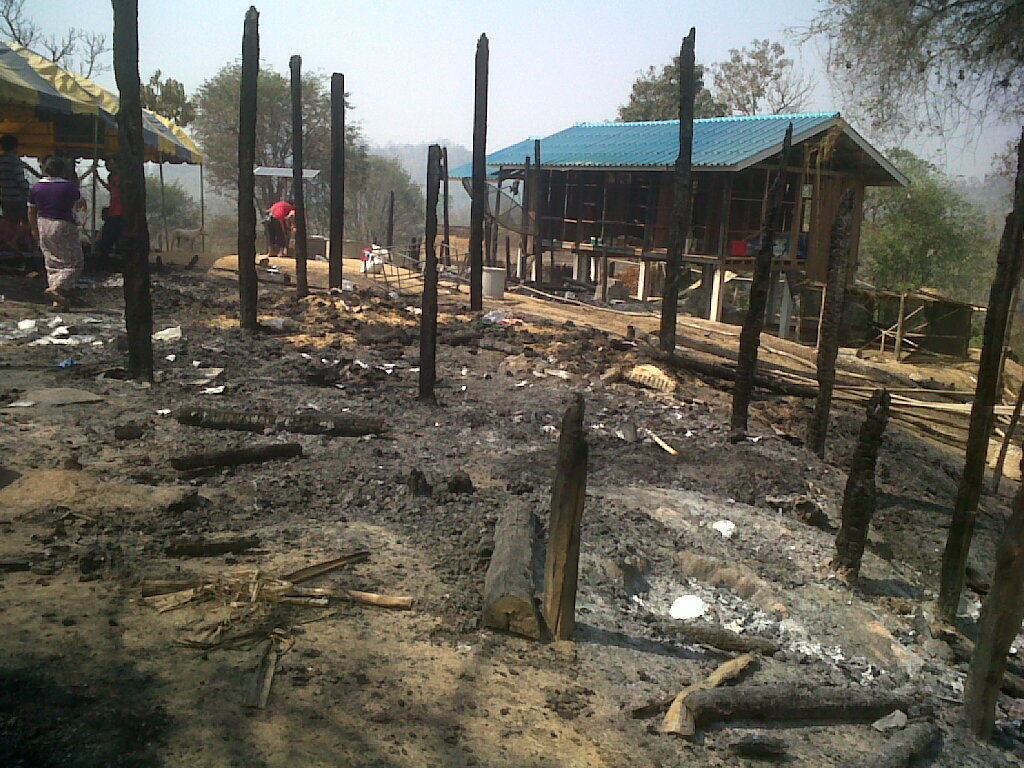Asia-Pacific countries need US$362 billion annually for climate action, says UN

The United Nations Economic and Social Commission for Asia and the Pacific (ESCAP) highlighted the urgent need for significant funding to support climate change adaptation and mitigation efforts in the Asia-Pacific region.
ESCAP’s Accelerating Climate Action in Asia and the Pacific report reveals that most countries in the area are inadequately prepared for extreme weather events and natural disasters, which are becoming more severe and frequent due to climate change.
ESCAP estimates that the annual average financial requirements to meet nationally determined contributions (NDCs) among selected developing countries in the region amount to approximately US$362 billion, with US$258 billion for mitigation and US$104 billion for adaptation. Despite an increase in international public financing to the region’s developing countries from US$24 billion in 2016 to US$38 billion in 2020, the figure remains significantly lower than the estimated annual requirements based on NDCs.
Armida Salsiah Alisjahbana, under-secretary-general and executive secretary of ESCAP, emphasised the urgency of the climate emergency in the Asia-Pacific region. She stressed the importance of incorporating measures to transition to a low-carbon pathway and adapt to the impacts of climate change into the region’s post-pandemic recovery.
ESCAP’s report reveals that temperatures in the Asia-Pacific have risen faster than the global average over the past 60 years. In 2020, the region emitted 31.6 gigatonnes of CO2 equivalent, with the energy sector being the primary emitter, followed by manufacturing, construction, and transportation.
Economic losses from weather-related disasters have increased. But thanks to improved warnings & disaster management, the death toll from these events has been drastically decreased.
A @UN initiative is working to ensure early warning systems are available to everyone.… pic.twitter.com/yB3nokBQpn
— António Guterres (@antonioguterres) May 22, 2023
To scale up climate finance, ESCAP recommends ensuring coherent national financing policies across various economic sectors to develop environmental standards, incentivise energy transition, and promote the adoption of green technologies. The report also calls for greater convergence between countries’ private and financial sector applications of climate standards and the exploration of opportunities for regional harmonisation and cross-listing of both debt and equity instruments.
Furthermore, ESCAP urges the encouragement of domestic partnerships between private financial institutions and project developers in the pre-investment phase to develop investment-ready projects that support the energy transition. Last week, governments across the Asia-Pacific region adopted 10 UN resolutions at a meeting in Bangkok, reaffirming their commitment to taking urgent action on climate change and sustainability, reported Bangkok Post. Alisjahbana said…
“The global climate fight will be won or lost in this crucial decade. In this context, the resolution demonstrates the commitment by countries in the region to take faster and bolder climate action to ensure that their climate goals are met.”
Latest Thailand News
Follow The Thaiger on Google News:


























